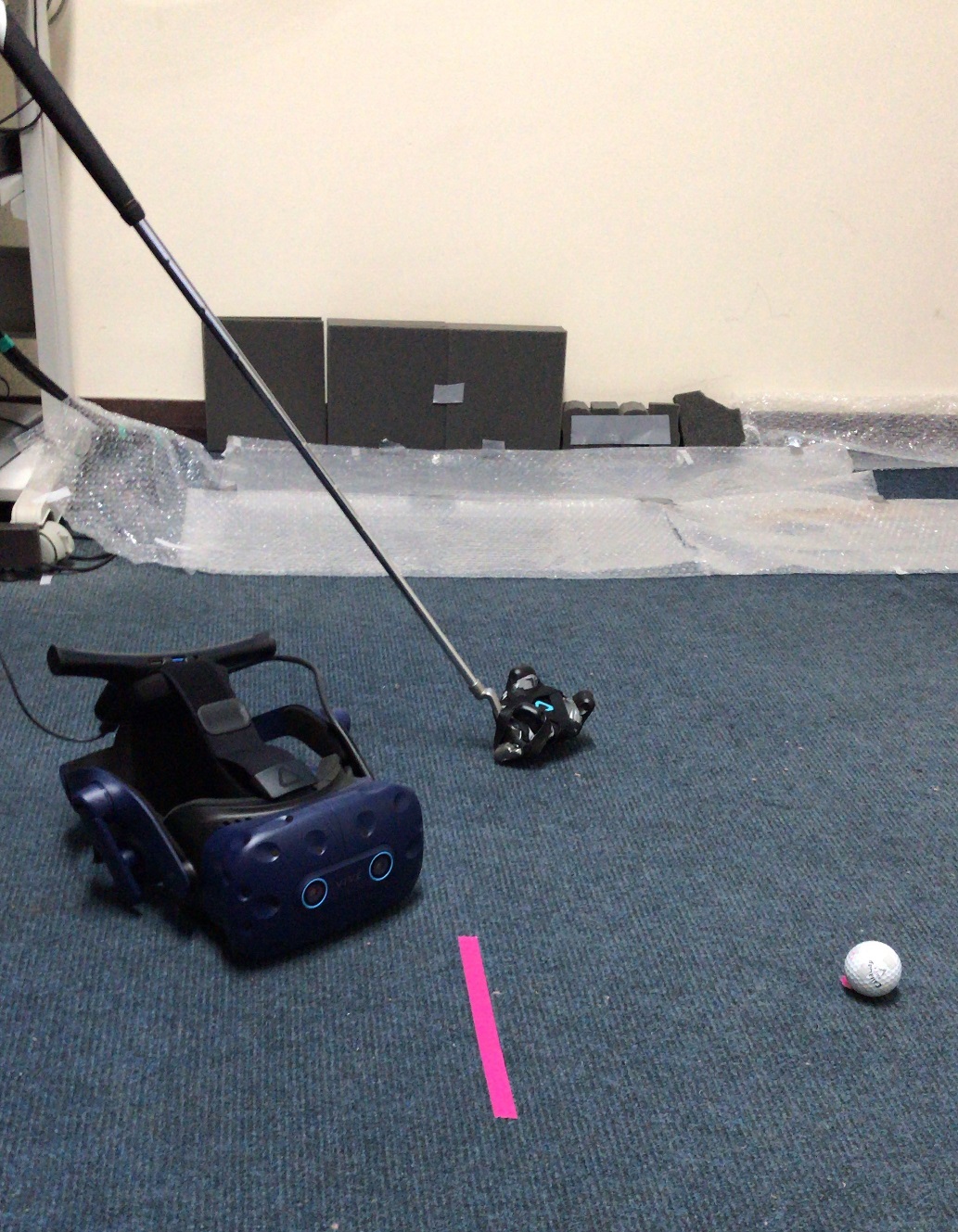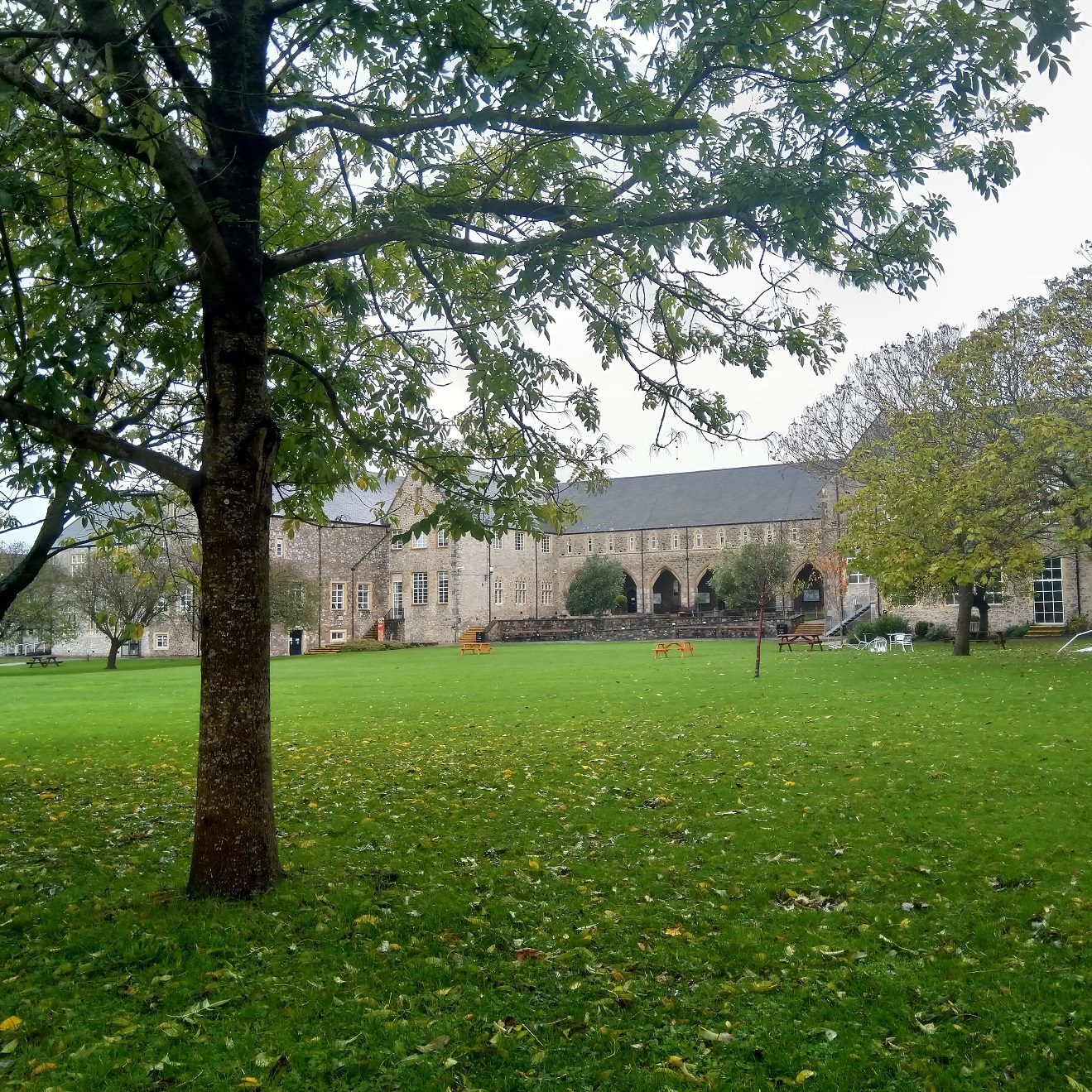Hi, I'm Caitlin, a 3rd year Psychology undergraduate student. I am currently on my placement year, at the Object Interaction Lab in Exeter University. I work as a research assistant at the lab, helping others with research but also conducting my own! Through this blog, I hope to share with you my experience of transitioning from student to researcher, and give some tips on how to make the most of a research placement!
When I began my placement, I did not think that after only 3 months I would be conducting a research study that I designed… but here I am! Although I had some idea of what to expect from this process - such as lots of background reading and ethics paperwork – there have been many surprising elements. So, I thought I would share some of the positive and negative aspects of research design that I had overlooked.
Make the most of your creative freedom
The most refreshing thing about this process, in comparison to research conducted for University assignments, was that I got to act upon my ideas. Despite the benefits of assignment guidelines, they also create limitations, and so it was exciting to investigate a topic that interested me. Having always previously worked on group projects, it was comforting to realise how capable I was when having only my ideas to work with.
It was an interesting experience to have freedom over each part of the process, and I learned a lot about building a rationale for a study. I found that I surprised myself with how many ideas I had, and how much knowledge I had picked up about psychological protocols. It was a brilliant way to realise that all of my assignments taught some tangible skills, which let’s face it, isn’t always obvious when writing them.
The creativity required to design the study certainly developed my skills as a researcher, however, I realised that compromise is needed. I learnt that I could produce the best work when I balanced my own preferences with advice from my supervisor and colleagues. Original perspectives are always helpful, but so is expertise from experience: incorporating the two is important.
You can't rely on assessment guidelines
When conducting research as part of a university assignment, there are always guidelines. Whether that’s providing a topic to investigate, a methodology to use or an analysis to try, you are given direction. What I failed to prepare myself for was that, when designing my own study, I had no ready-made checklist of aims.
Of course, I was given a brief focus for the study, however, beyond this I had no specifications. I found myself with an endless supply of literature from which I had to choose a single idea to investigate: a task that slightly terrified me. Getting started was particularly difficult, as there was such a range of focuses to choose from and I had little idea of which would be best to explore.
Although this continued to be a struggle throughout the designing process, I found that I did adapt to the need for self-direction. I made the most progress when I accepted that there was no right answer, as long as the topic I chose could be well justified. Choosing something that really interested me was a great way to approach the lack of direction, as it created motivation to develop the rest of the study. Once I committed to a broad outline, I then had something to edit and adapt.

Prepare yourself to face methodological constraints
Another obstacle I faced when designing my study was being limited by methodological issues. After finally finding the right question to investigate, it was so disappointing to have to return to the drawing board because it wasn’t practical to conduct the study. My unfamiliarity with the literature meant that often I failed to anticipate methodological constraints, and so it became more of a trial and error process. The frustration that this can cause is enough in itself to impede progress.
I also underestimated how much time it would take to set up the experiment: It took 14 hours to track a golf club accurately in virtual reality. 14 hours that I had scheduled 2 hours for. If I had to choose one bit of advice to pass on from this experience, it would be to leave more time than you think for tasks, as there will always be something that disrupts your plans. There are always occasions where things are much faster than anticipated, so the hours usually balance out.
As difficult as these problems could be to solve, eventually I realised that slowed progress due to practical issues was not something to be disappointed about. The process of addressing methodological constraints is how research studies become more robust and reproducible, something that I have grown to appreciate more whilst on placement. Solving these problems definitely left me more confident with the study I developed, and so it was a difficulty that I am grateful to have encountered.

Be proud of your contribution to the literature
The final element that I want to discuss is the one that surprised me the most, and that’s how wonderful it feels when you realise that you have contributed to research. I encourage anyone considering a career in research to find a placement that will allow them research experience in an area that fascinates them. To be able to do meaningful work in a field that I care about is definitely one of the highlights of my placement so far.
The process of designing my own study provided me with an opportunity to answer a question that had not yet been answered, and I didn’t expect that to excite me so much. It also gave me a greater appreciation for the work that had already been done, as I understood how much effort is required to produce research.
I have been lucky enough on my placement to have a supervisor who has provided me with the support I needed to publish my studies, which has been surreal. Each research placement will differ in the opportunities that are available, but even if publishing is not an option, you will connect with other academics and undoubtedly influence subsequent work. Networking and discussion are under-rated sources of research inspiration and design skills.
Making the most of the process
Overall, the process of designing my first study was definitely not a smooth ride, but it was extremely rewarding. It provided me with an insight into a research career that you just don’t get during undergraduate study. But perhaps more valuably, it gave me a great boost in self-esteem and I feel proud of my achievements.
Being provided with the opportunity is not enough on its own, however. My experience on placement would not be so positive if I didn’t prioritise self-care. As mentioned, parts of the process can be frustrating, and if this becomes overwhelming then not only does the quality of work reduce, but so does the motivation to do it. I found that whenever I had a mental block or a problem that hindered progress, I went for a 5-minute walk around the campus. It’s such a simple solution to prevent burn out, and it really does help to clear the mind long enough that you have a fresh perspective when you come back to the work.
So, if you have the opportunity to design your own research, TAKE IT! It can be scary, and there will be obstacles, but if you take care of yourself along the way and enjoy the work then it will be a wonderful experience. It’s been my first step in shaping who I am as a psychologist as oppose to a student.

Respond
